Why Consequences Make Meltdowns Worse
If you’re parenting or supporting a child with a trauma history, you’ve likely found yourself in the thick of it—screaming, hitting, hiding, bolting, or complete emotional shut-down.
Parenting a child with trauma or challenging behaviors can feel overwhelming, but it doesn’t have to be a journey you walk alone. At Fear to Love, we provide families and professionals with the tools to create nurturing, trauma-informed environments that foster healing and connection. Join our global community and discover how love, grounded in science, can transform your relationship with your child and help them thrive.
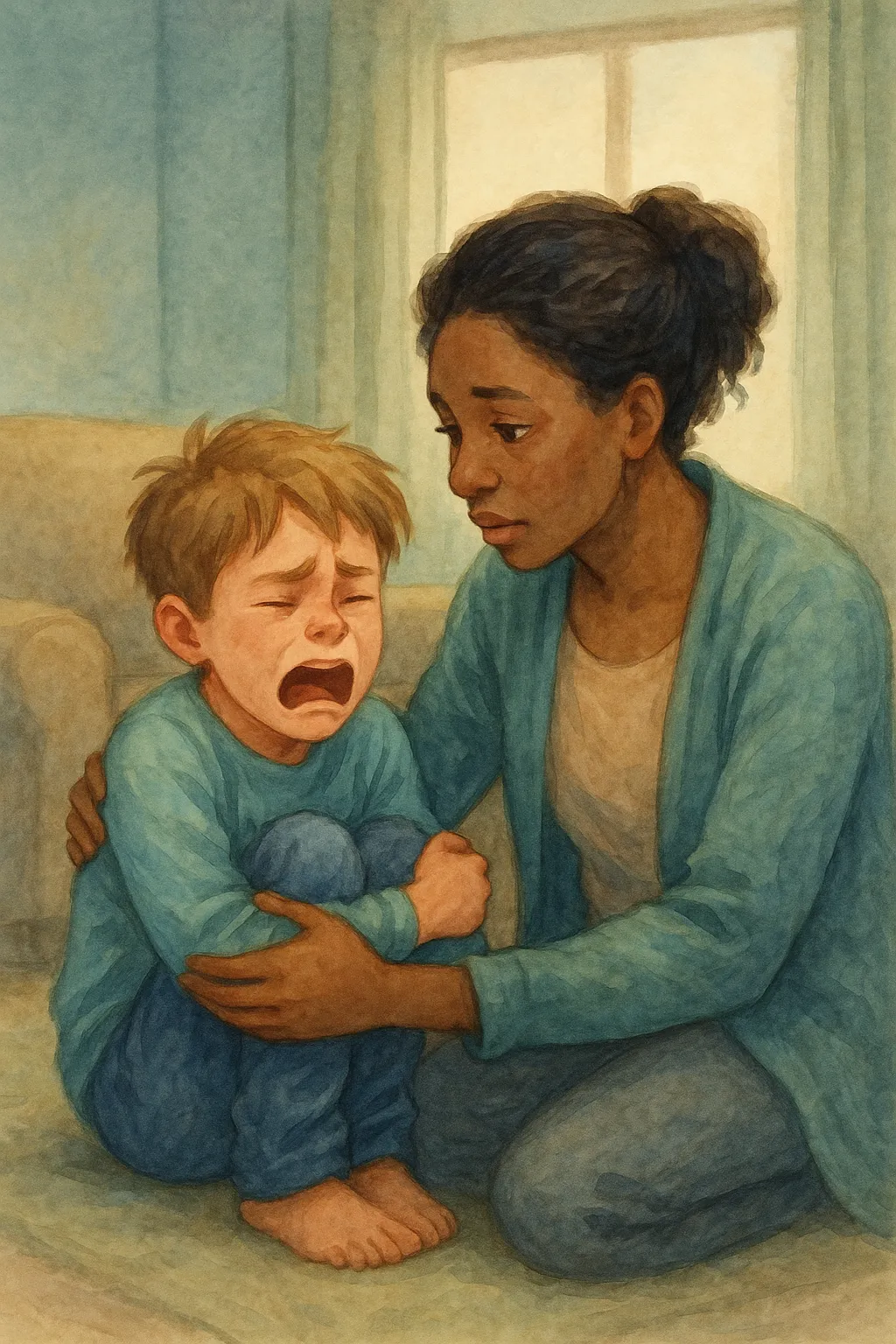
If you’re parenting or supporting a child with a trauma history, you’ve likely found yourself in the thick of it—screaming, hitting, hiding, bolting, or complete emotional shut-down.
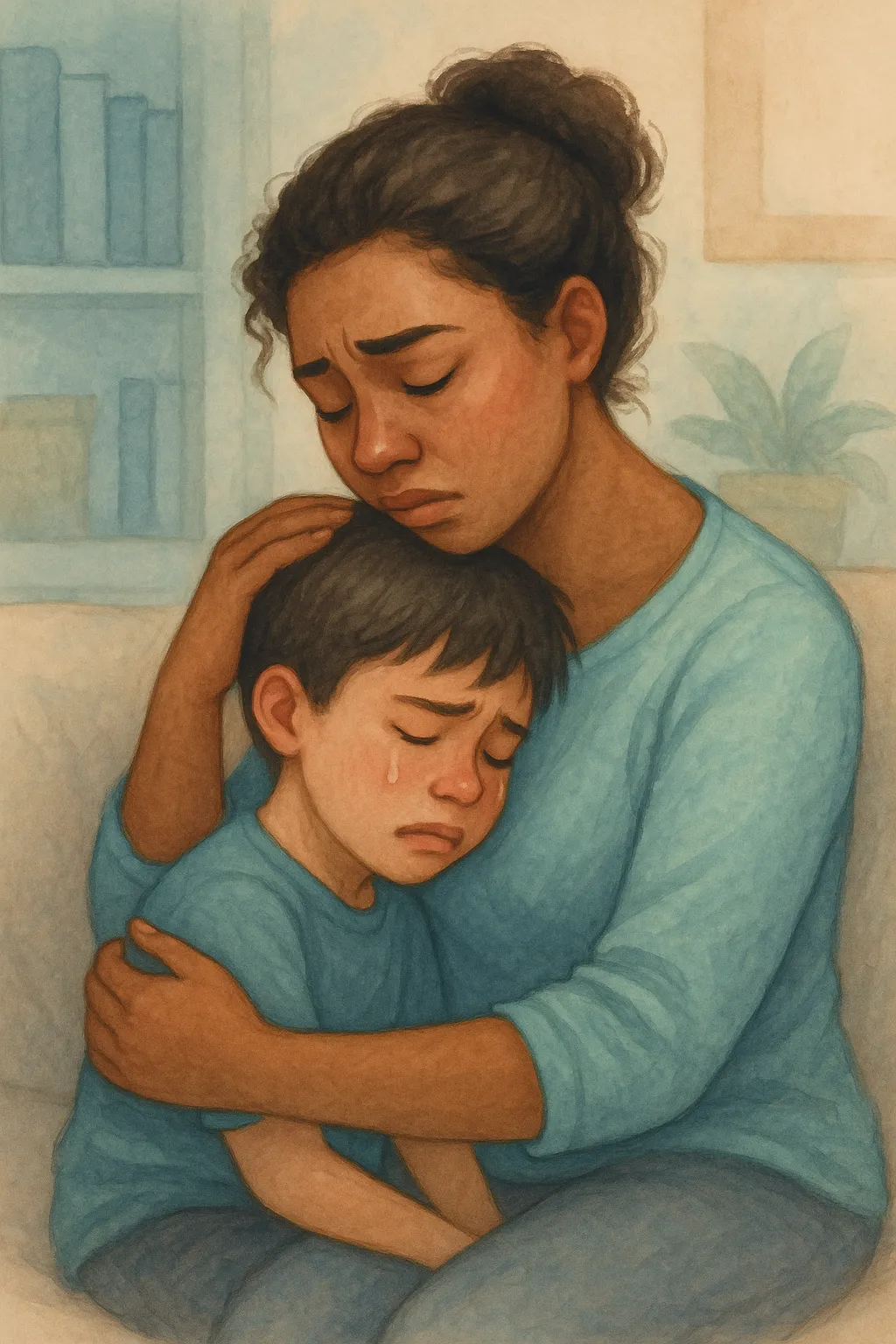
Trauma is not simply an event. It’s a body memory. It’s an emotional tattoo left on a child’s nervous system.
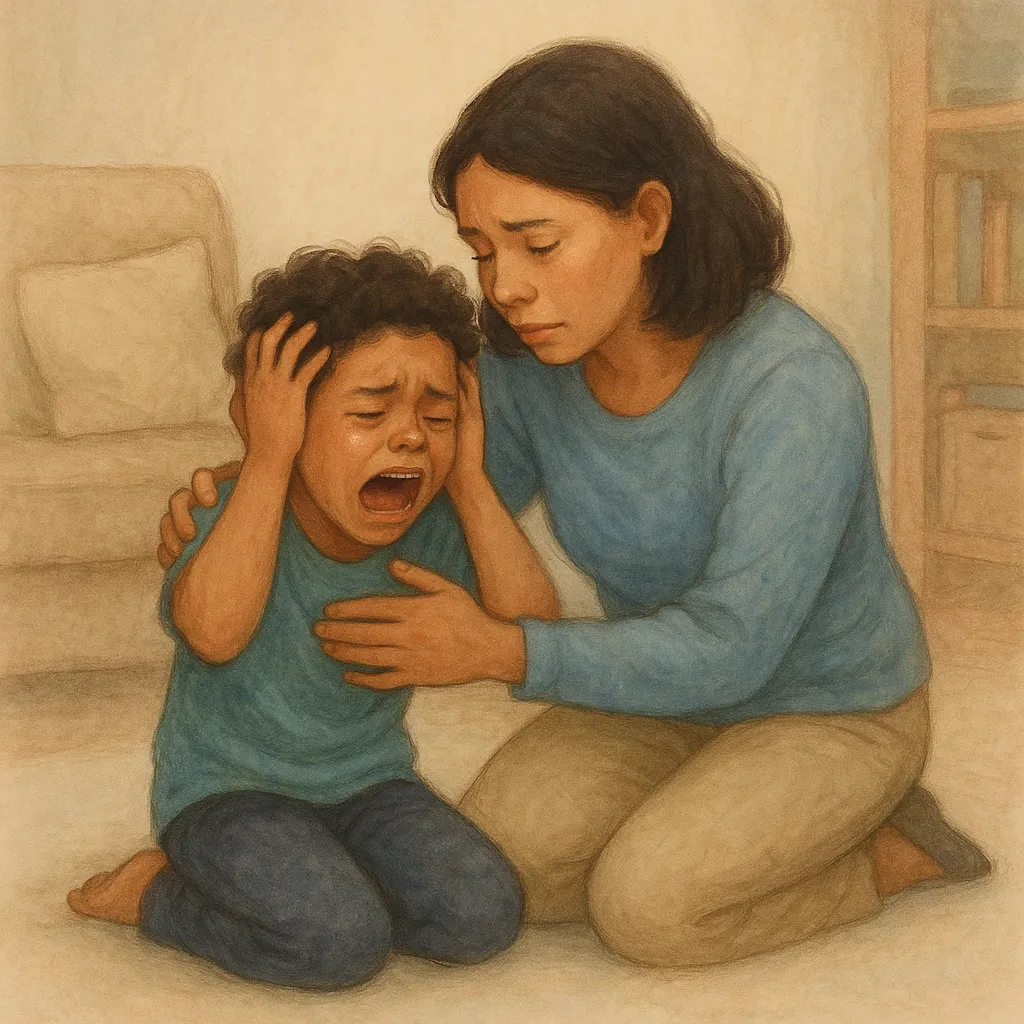
Children with trauma histories often present behaviors that defy logic—meltdowns, shutdowns, and aggressive outbursts that can catch even experienced caregivers off guard.
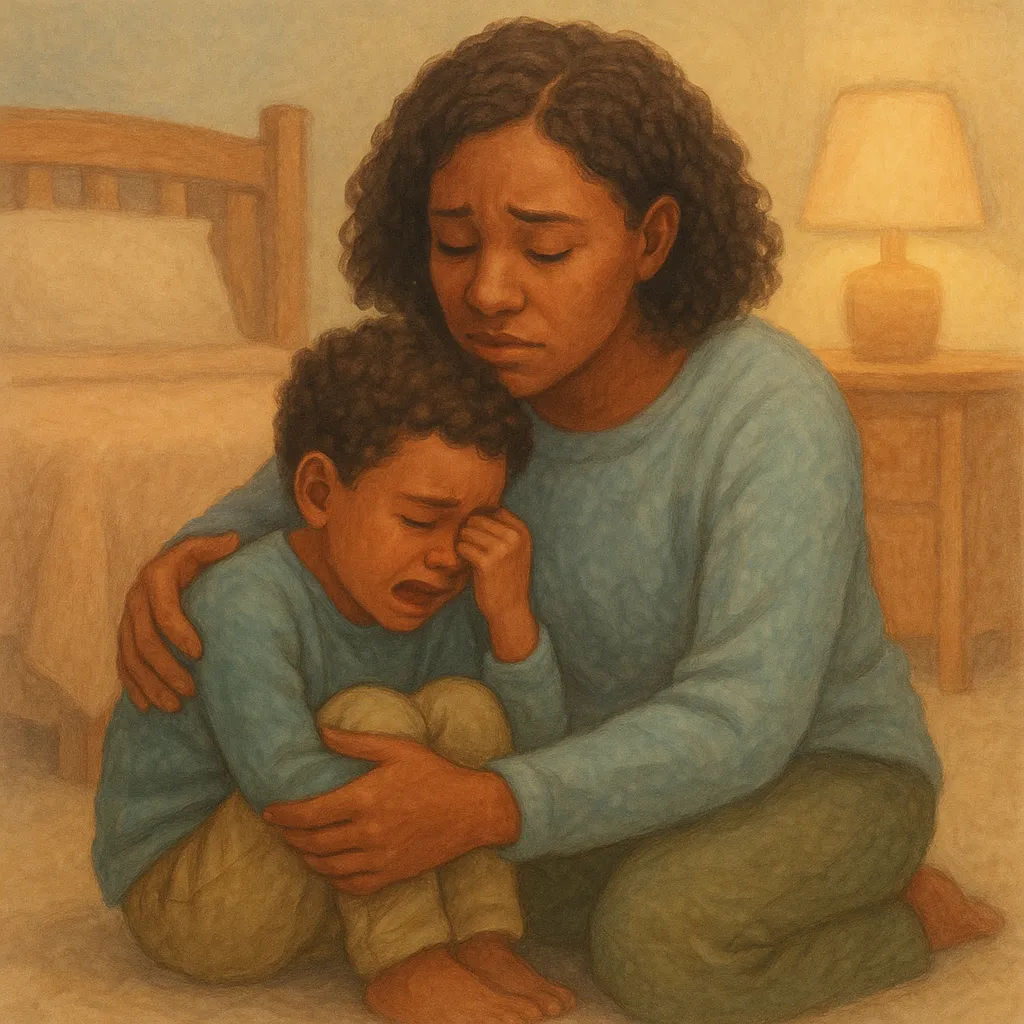
Let me start by saying something you may need to hear right now: You are not alone. If you’ve ever sat on the floor after a meltdown—your child’s or maybe your own—and thought, “I don’t know what else to do,” then this is for you.
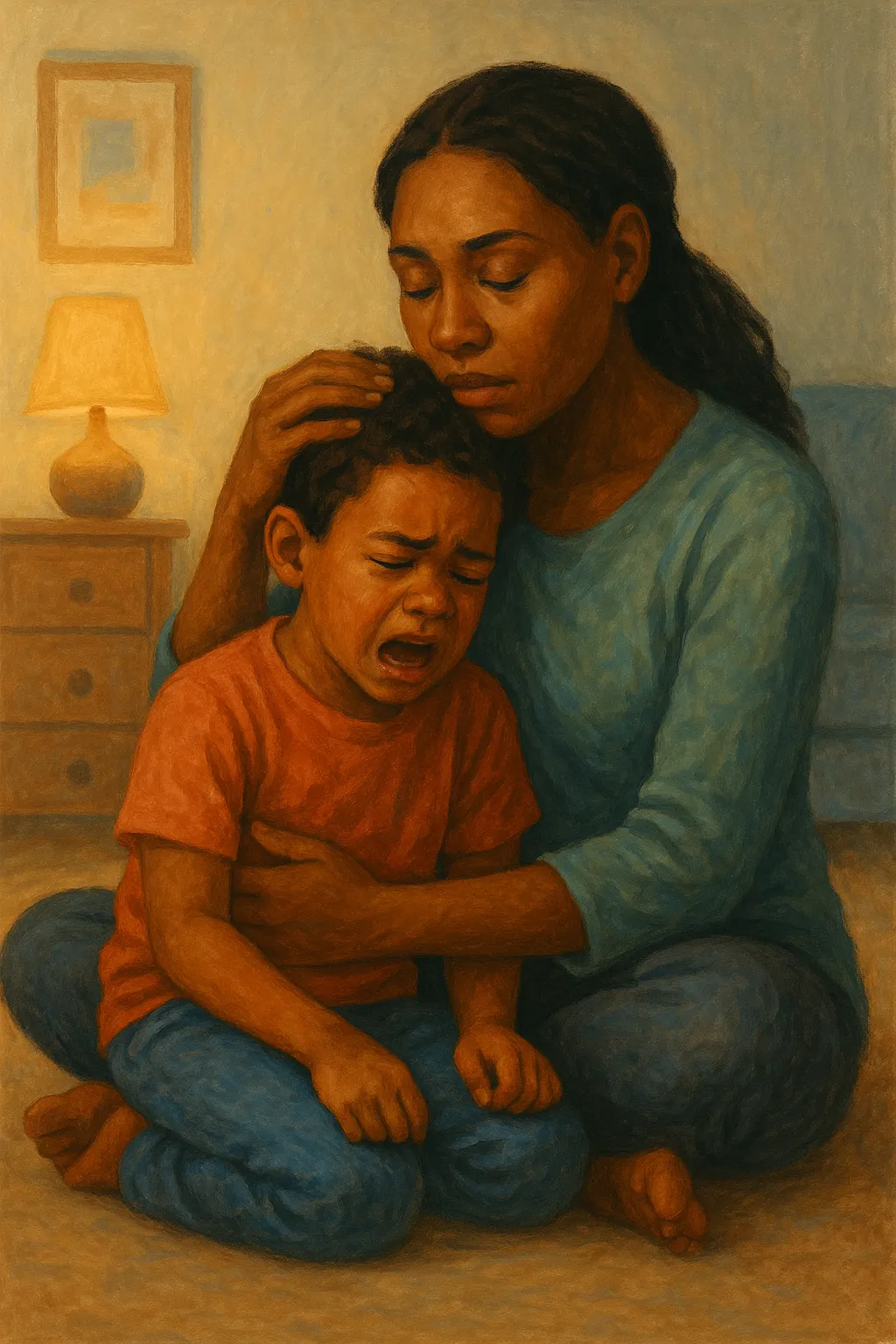
Parenting a child with trauma is often filled with unpredictable outbursts, defiance, shutdowns, and emotional storms.
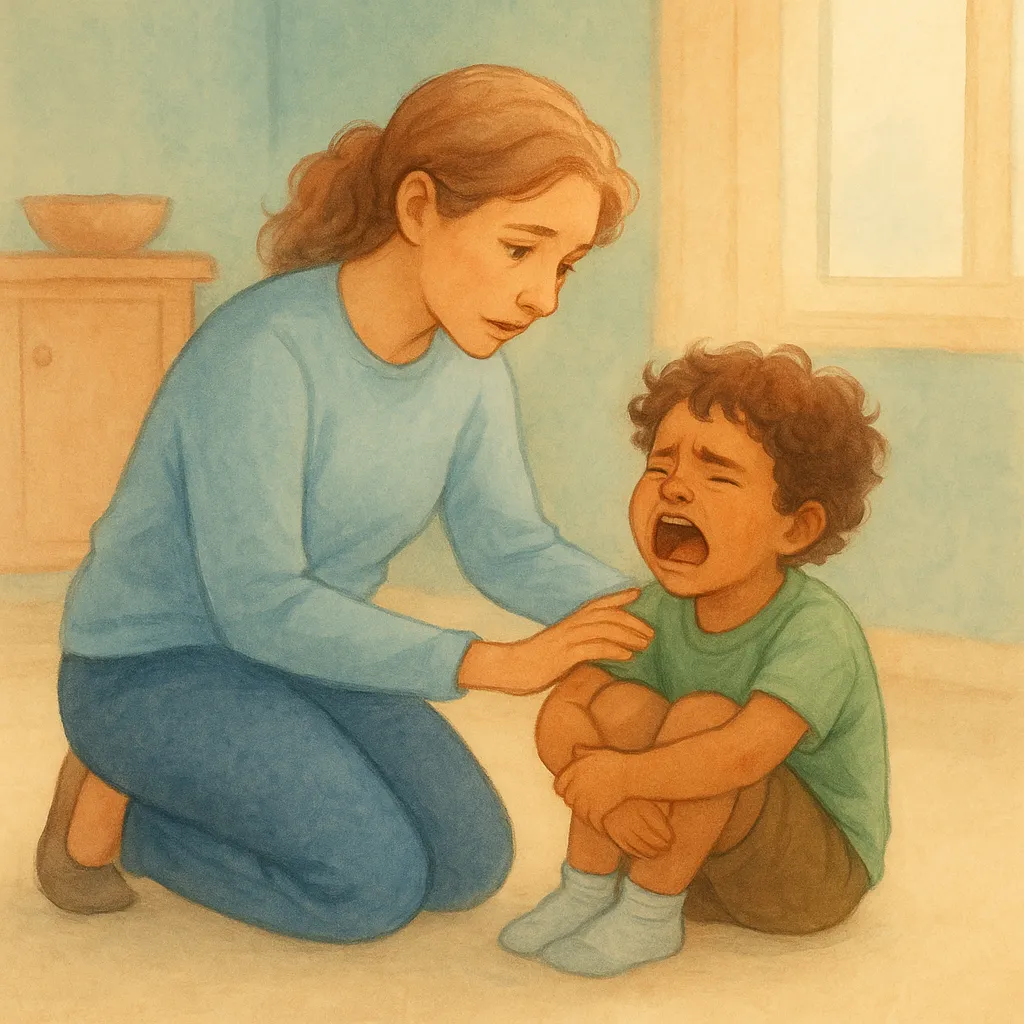
You hand your child the blue plate instead of the pink one. Suddenly, they scream, flip their chair, and run out of the room. Your body goes rigid. “Seriously?” you think. “It’s just a plate.”

© 2024 Fear to Love - All Rights Reserved
Terms and Conditions - Privacy Policy